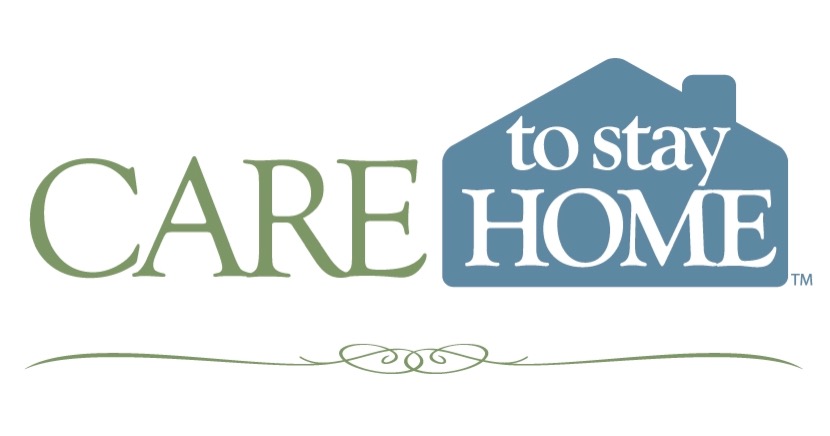30 Jun What Age Does Alzheimer’s Start?
Many people think of Alzheimer’s disease as a condition that only affects the elderly. The reality is that Alzheimer’s can develop much earlier in life.
A person is most likely to be diagnosed with Alzheimer’s between the ages of 65 and 75. The second most common age for being diagnosed is prior to age 65—this is referred to as early onset.
While it’s much less common for a person in their 30s or 40s to be diagnosed with Alzheimer’s, it does happen. It’s important to be able to recognize the warning signs of the disease, even in younger adults and seniors.
What Is Alzheimer’s?
Alzheimer’s is a type of dementia that affects a person’s memory, thinking, and behavior. The most common early symptom of Alzheimer’s is mild memory loss.
Alzheimer’s occurs when brain cells become damaged, leading to changes in the brain. It is a progressive disease, meaning it gets worse with time.
While there is no known cure for Alzheimer’s, with the right care and support a person may be able to maintain a greater level of independence in the early stages of the disease.
And as the disease progresses, it’s possible for a person living with Alzheimer’s to find continued enjoyment and pleasure in daily activities and social interactions.
Who Gets Alzheimer’s Disease?
There is no single cause of Alzheimer’s disease. Rather, researchers believe it develops from multiple factors. Several risk factors may increase a person’s risk of developing Alzheimer’s, including:
Gender – Alzheimer’s is more commonly diagnosed in women, which researchers believe may be related to lower estrogen levels after menopause.
Age – Increasing age is a strong risk factor for Alzheimer’s, yet age is not a direct cause of Alzheimer’s, nor is it the only factor.
Health Issues – Pre-existing health problems, such as high cholesterol, high blood pressure, obesity, heart problems, and diabetes, may play some role in the development of Alzheimer’s. A history of stroke also may increase a person’s risk of developing Alzheimer’s.
Lifestyle – Eating a healthy diet and getting regular exercise promotes heart and blood vessel health, and damage to the heart and blood vessels appears to increase the risk of developing Alzheimer’s dementia. Staying socially active, not smoking, and avoiding excessive alcohol consumption can also help keep the brain healthy and may even reduce the risk of developing Alzheimer’s and other dementias.
Genetics – Certain genes increase the risk of developing Alzheimer’s but do not guarantee you will develop it. Having a parent or sibling with Alzheimer’s increases your risk, but it doesn’t mean you will develop the disease. Less than 1% of Alzheimer’s cases are caused by deterministic genes (genes that directly cause a disease and guarantee a person will develop it).
At What Age Does Alzheimer’s Start?
There is no beginning age for Alzheimer’s.
The most likely age for being diagnosed with Alzheimer’s is between 65 and 75 years of age. The second most common age for being diagnosed is prior to age 65.
Alzheimer’s that develops before age 65 is referred to as early onset (or, alternatively, younger onset). Alzheimer’s that develops at or after age 65 is referred to as late onset.
Early-Onset Alzheimer’s Disease
Early-onset Alzheimer’s is when someone under age 65 develops this disease. Many people with early-onset Alzheimer’s are in their 40s or 50s. Some are in their 30s. They may be working and caring for children and/or elderly parents.
Healthcare professionals do not routinely look for or screen for Alzheimer’s in younger people. This can delay proper diagnosis or lead to misdiagnosis, creating an incredible amount of frustration for those seeking answers and treatment.
Symptoms of Early-Onset Alzheimer’s
People living with early-onset Alzheimer’s may be in any stage of the disease. Symptoms vary for each person but may include:
- Short-term memory problems
- Confusion with time or place
- Challenges with problem solving
- Difficulty retracing steps
- Problems with judgment or decision making
- Trouble with vision or spatial relations
- Changes in mood and personality
- Difficulty communicating verbally or in writing
- Withdrawal from work or social activities
Late-Onset Alzheimer’s Disease
Late-onset Alzheimer’s disease refers to those diagnosed at or after age 65. The most likely age for being diagnosed with Alzheimer’s is between 65 and 75 years of age.
The progression of the disease is not the same for everyone who develops late-onset Alzheimer’s.
For example, a person could start to exhibit symptoms of Alzheimer’s in their early 70s and not experience later stages of the disease until their later 80s or early 90s.
Conversely, the person could first show symptoms in their early 70s and progress through the stages more quickly, reaching the later stages by their early 80s.
Symptoms of Late-Onset Alzheimer’s
The symptoms of late-onset Alzheimer’s are the same as those of early-onset Alzheimer’s. As the disease progresses, symptoms may get worse.
For example, in the middle stages of the disease a person may start to experience confusion about where they are or what day it is. You may notice changes in their mood or behavior, and they may have trouble completing basic tasks without help.
In late-stage (severe) Alzheimer’s, the person may have difficulty communicating and experience physical symptoms like trouble sitting, walking, and even swallowing.
If You or a Loved One Is Experiencing Memory Problems
Getting an accurate diagnosis is critical. Most people with memory loss are misdiagnosed. Seek out a doctor who specializes in Alzheimer’s disease.
Be sure to write down the symptoms you or your loved one is experiencing and share your notes with your healthcare professional.
Keep in mind that no single test can confirm Alzheimer’s disease. A dementia care specialist will use a variety of tests and tools to make an accurate diagnosis. These may include neurological exams, imaging studies, blood tests, and others.
While there is no cure for Alzheimer’s, certain treatments and lifestyle changes may help slow the progression of the disease. Getting the right medical care and support is vital.
Spokane Care To Stay Home provides person-centered, compassionate in-home care in Spokane, Coeur d’Alene, and surrounding areas. Our trained staff members not only help with essential daily activities like bathing, eating, and toileting, but also provide critical social and emotional support.
Our services provide vital respite to family caregivers and make it possible for your loved ones to receive the care they need in comfortable, familiar surroundings. Get in touch for a free assessment and for more information about our Alzheimer’s and dementia home care services at 509-775-6789.
Our team specializes in dementia and is led by a Certified Dementia Practitioner. For more information, we welcome you to explore our short videos on YouTube.


